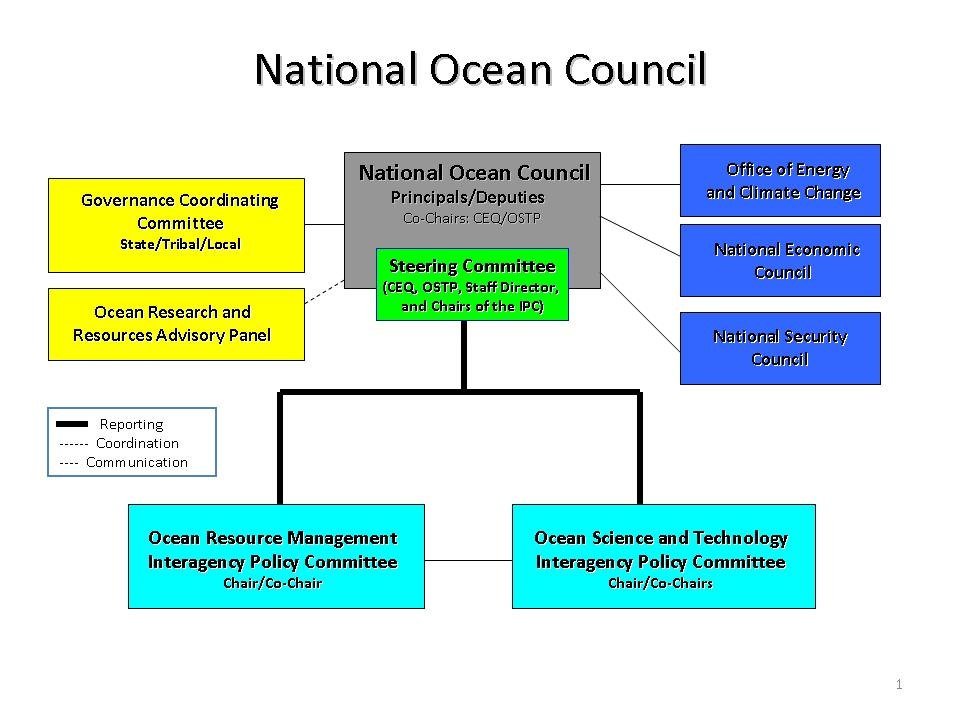 Environmental economics views the real economy in which we all live and work as an open system. This means that in order to function, the economy must extract resources (raw material and fuel) from the environment, process these resources, and dispose of large amounts of dissipated and/or chemically transformed resources back into the environment. The process starts with the extraction of resources, which can be exhaustible (fixed in overall quantity) or renewable ( resource grows through time). The process ends with the disposal of transformed resources which could pollute the environment. Pollution is waste that has been disposed off in the air, in water or on land, and that reduces the value of those resources in alternative uses. Resource depletion and environmental pollution are key factors in determining the natural capital of a nation and achieving sustainable development.
Environmental economics views the real economy in which we all live and work as an open system. This means that in order to function, the economy must extract resources (raw material and fuel) from the environment, process these resources, and dispose of large amounts of dissipated and/or chemically transformed resources back into the environment. The process starts with the extraction of resources, which can be exhaustible (fixed in overall quantity) or renewable ( resource grows through time). The process ends with the disposal of transformed resources which could pollute the environment. Pollution is waste that has been disposed off in the air, in water or on land, and that reduces the value of those resources in alternative uses. Resource depletion and environmental pollution are key factors in determining the natural capital of a nation and achieving sustainable development.
Resource depletion and pollution reduction can be viewed as an economic problem. Environmental economics uses cost-benefit thinking to deal with environmental problems and issues. Benefits and damage assessments are used to integrate the un-priced but valuable functions of natural environments into cost-benefit analysis of real world projects, and to illustrate the kinds of economic damage done to national economics by resource depletions and pollution.
In an ideal world all wastes that cannot be recycled would be outlawed. The costs of a pollution free society would be very high. The other extreme is to live in a society where there is no pollution control. The real world is somewhere in between these two extremes, i.e., it is necessary to achieve a balance between the social costs and social benefits of reducing pollution.
Empirical evidence indicates that after substantial amount of polluting emissions have been reduced, extra waste reduction is much more costly than previous reductions. There is a point beyond which the costs of further reducing pollution by far exceeds the increase in social benefits and what people are willing to pay. The benefits of pollution control are measured by the reduction in damages caused by pollution to human health, and to material, natural and agricultural resources.

